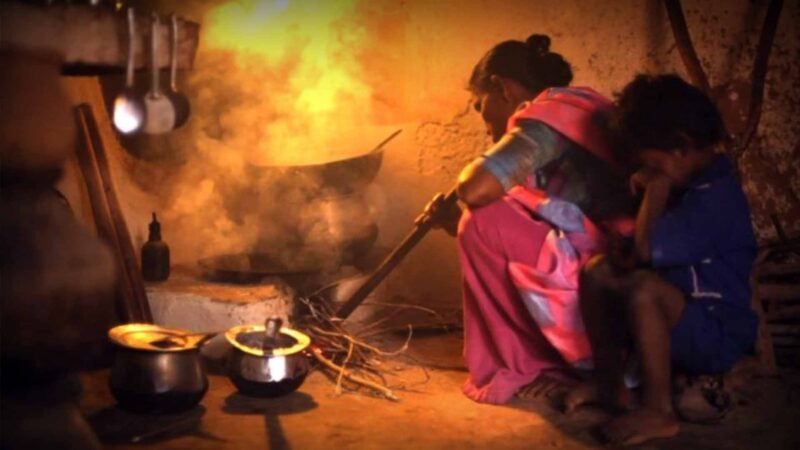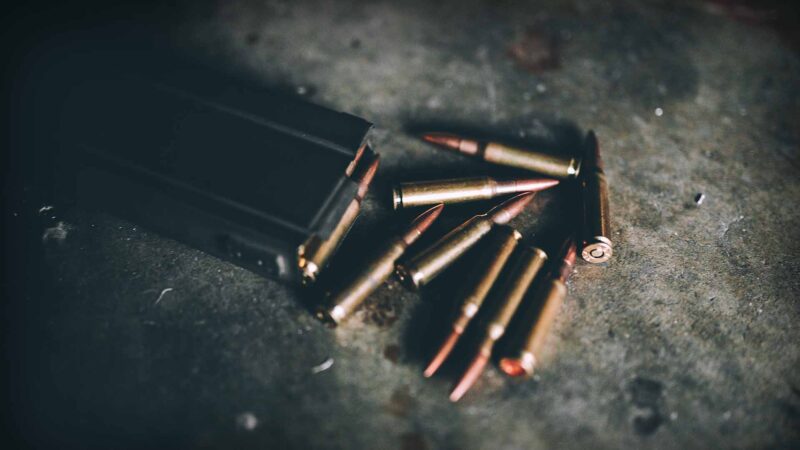Catarina Caria is the new Sustainable Development host on World Made Good. She will be interviewing notable project leaders across sustainability initiatives around the world. These include by are not limited by the United Nations Sustainable Development Goals (SDGs).
Born in Lisbon, Portugal and passionate about Peace & Security, and Civil Society, Catarina focused on research of Women, Peace and Security Agenda at the University of Virginia under a Fulbright/FLAD Scholarship in 2021.
She holds a Political Science and International Affairs (NOVA University Lisbon/SCIENCESPO PARIS) and a Master’s Degree on Governance, Leadership and Democracy Studies (Universidade Católica Portuguesa).
In recent years, Catarina has worked for different diplomatic missions in Lisbon and in a number of projects championing women’s empowerment, peace and sustainable development.
Today she works as a programme manager for Institute for Economics & Peace (IEP) in the Europe & MENA Region. IEP is the world’s leading think tank dedicated to developing metrics to analyze peace and quantify its economic value.
Catarina describes herself forever on a mission to create meaningful impact, having endless curiosity and learning from every step along the way.
You Might also like
-
Clean Energy For Healthy Environments and Lives
Australia and India have significant potential to generate affordable clean electricity from solar energy systems. However the economic, environmental and health benefits from a transition to renewable energy are not fully appreciated.
To coincide with this year’s 2023 World Environment Day, World Made Good releases a segment on a joint Australia and India clean energy generation project funded by the Australian Department of Foreign Affairs and Trade. Launched in 2021, the Clean Energy for Healthy Environments and Lives (CE4HEAL) project addresses 5 of the UN Sustainable Development Goals
-
Introduction to Women, Peace and Security
Gender equality is the number one predictor of peace – more so than a state’s wealth, level of democracy, or religious identity. Driven by civil society campaigning for action on gender equality, in 2000 the United Nations Security Council adopted Resolution 1325. In doing so, Member States formally acknowledged that conflicts and crises impact the lives of women and girls differently, significantly and disproportionately, to that of men and boys.
Resolution 1325 consists of four pillars – participation, protection, prevention, and relief and recovery. It urges Member States to increase the representation of women at all decision-making levels in national, regional and international institutions and mechanisms for the prevention, management and resolution of conflicts.
-
Interview with Peace Index Founder
Measuring peace at the global and national level allows us to assess the social, political and economic factors that create peace. Each year the Institute for Economics & Peace produces the Global Peace Index, the world’s leading measure of national peacefulness, ranking 163 countries according to their levels of peace.



